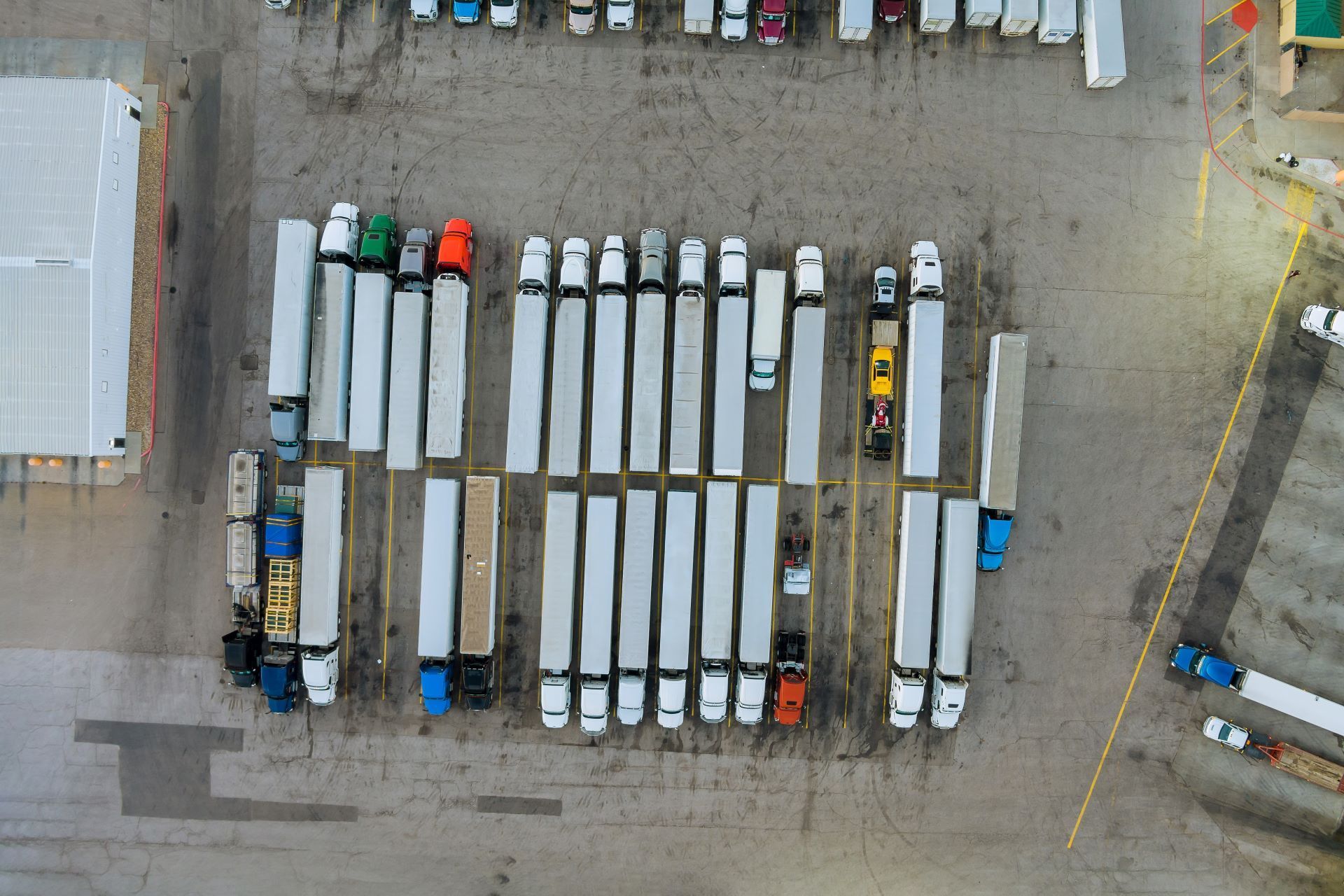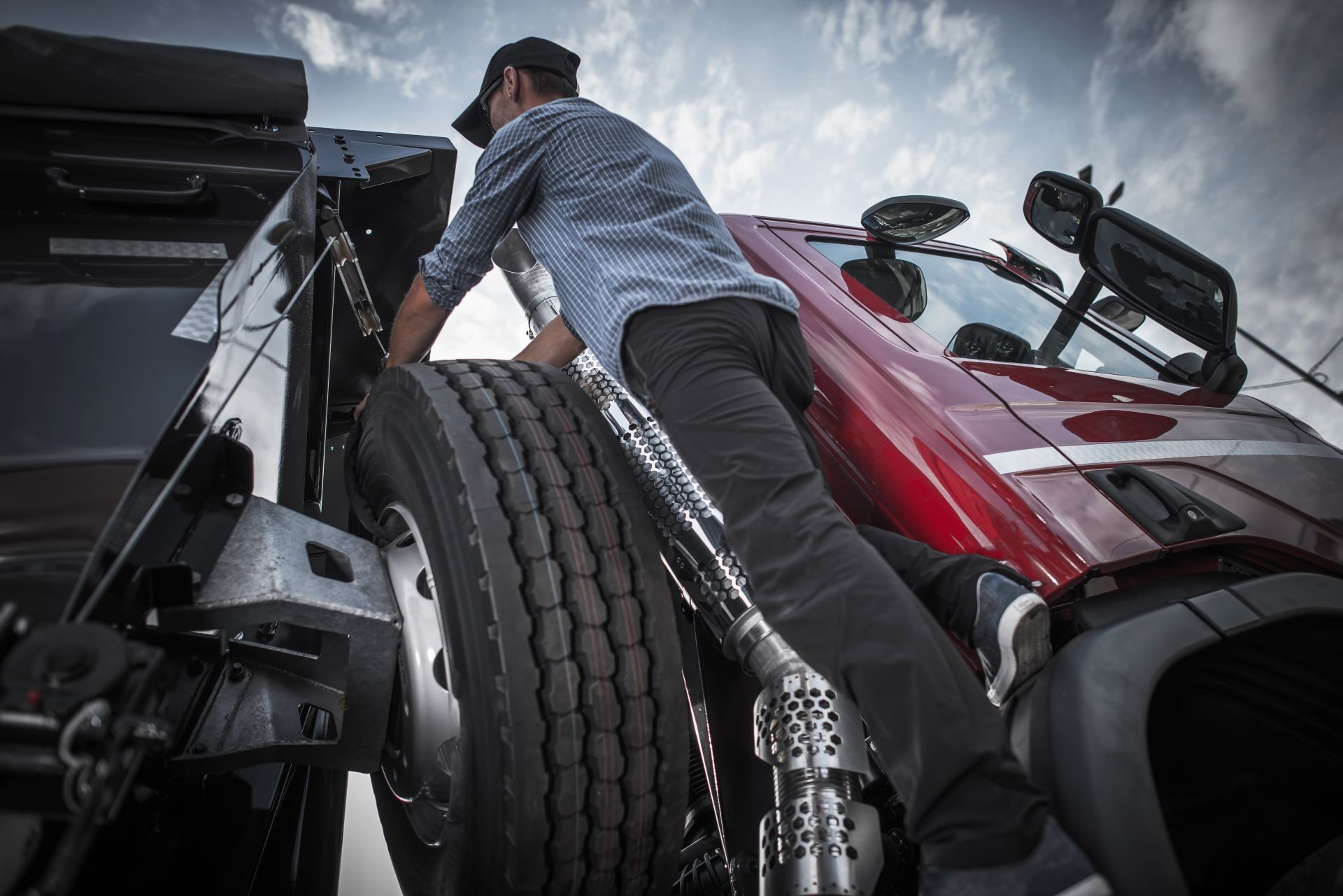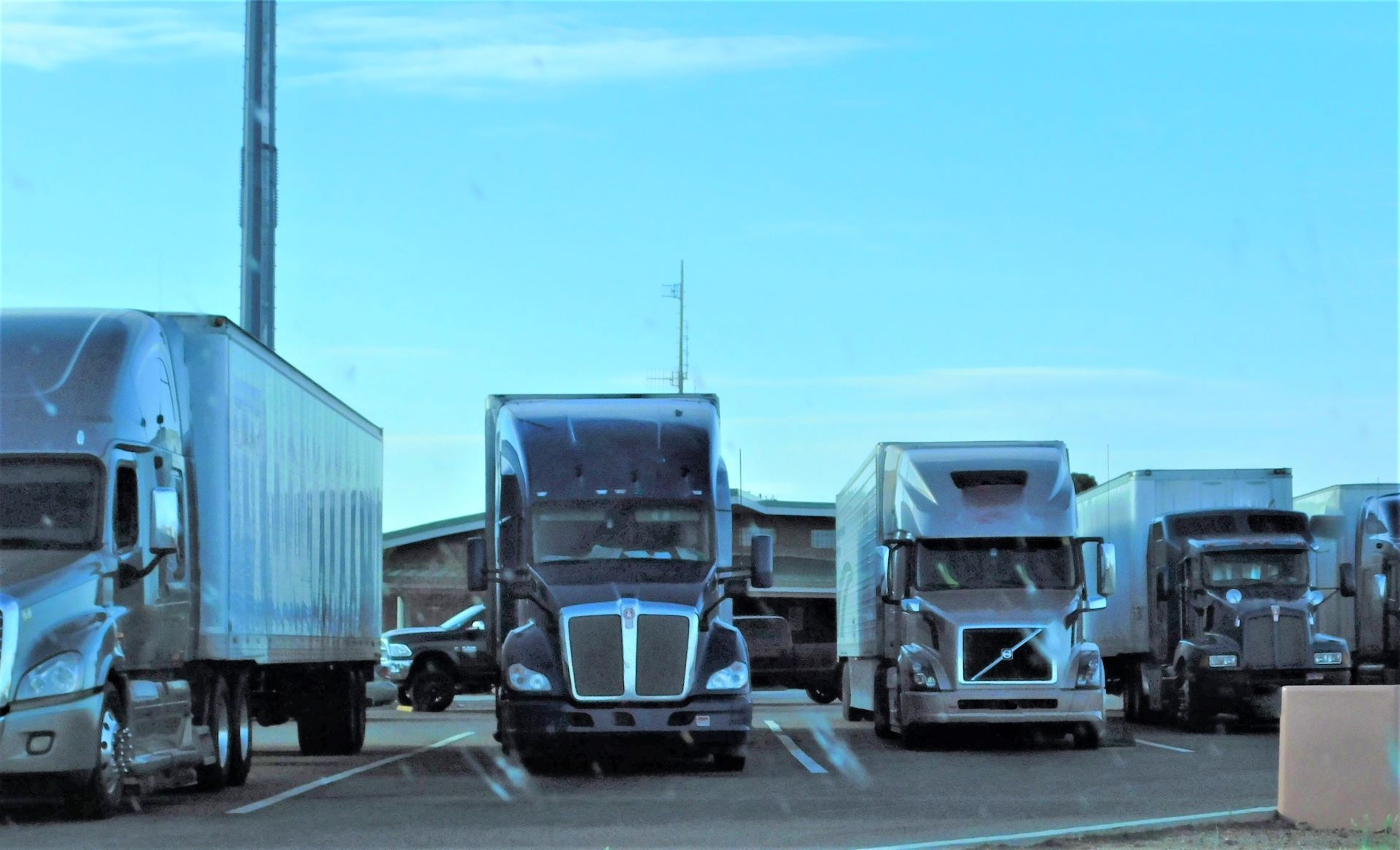How Trailer Suspensions Impact Fleet Efficiency and Operating Costs
September 29, 2025
Fleet efficiency isn’t just about choosing the right trucks or optimizing routes. It’s also about what sits under every trailer: the suspension system. Too often, suspensions are treated as a commodity — a “check-the-box” purchase driven only by price. But the truth is that trailer suspensions play a direct role in fuel economy, maintenance costs, cargo protection, compliance, and overall fleet profitability.
In this post, we’ll break down exactly how suspensions influence both efficiency and operating costs — and why making the right choice can transform your bottom line.

Fuel Efficiency and Tire Wear
Suspensions have a surprising impact on fuel economy. A well-balanced suspension reduces rolling resistance and keeps axles aligned, helping trailers pull more efficiently. Poor suspension design, on the other hand, can increase drag and create uneven tire wear — two of the biggest hidden fuel wasters in a fleet.
For example, air ride suspensions maintain a more consistent ride height, which helps distribute loads evenly. The result? Better aerodynamics, less tire scrub, and measurable fuel savings over the long haul.
Considering that tires are one of the largest operating expenses for fleets, improving suspension performance can cut costs dramatically by extending tire life and reducing replacement frequency.
Driver Comfort and Retention
Drivers are the backbone of every fleet, and their comfort has a direct impact on safety and efficiency. A poor suspension system translates to rough rides, driver fatigue, and higher risk of accidents.
Air ride suspensions are especially valuable for long-haul drivers because they absorb bumps and vibrations, reducing strain on the body. Happier, more comfortable drivers are not only safer but also more likely to stay with a company long-term.
Given the industry-wide driver shortage, investing in suspensions that support driver satisfaction is more than a comfort issue — it’s a retention strategy that helps fleets reduce costly turnover.
Cargo Protection and Fewer Claims
Every bump and pothole on the road transfers stress to cargo. Poor suspensions can cause freight damage, resulting in costly insurance claims, lost loads, and dissatisfied customers.
Air suspensions, by delivering smoother rides, significantly reduce vibrations and impact shock. For fleets hauling fragile, perishable, or high-value cargo, this protection can mean the difference between a profitable load and a financial loss.
Fewer cargo claims not only save money but also strengthen customer trust — a crucial advantage in a competitive logistics market.
Maintenance and Downtime Costs
A poorly designed suspension doesn’t just wear itself out faster — it stresses the entire trailer. Misalignment, excess vibration, and uneven load distribution all accelerate wear on axles, brakes, and frames.
By contrast, robust suspension systems reduce those stresses, lowering the frequency of repairs and extending component life. Less maintenance means less downtime — and every day a trailer is sidelined is a day it’s not generating revenue.
Downtime costs can easily dwarf the savings of a cheaper suspension. That’s why looking at maintenance requirements upfront is essential for long-term profitability.
Compliance and Legal Costs
Fleet managers know how costly compliance failures can be. Overweight fines, out-of-service orders, and CSA score impacts quickly add up. Suspensions play a crucial role in compliance by helping balance and distribute loads effectively.
Lift axles and sliding subframes give operators the ability to adjust axle spacing and ensure legal weight distribution. This flexibility helps fleets avoid fines, protect drivers’ records, and maintain eligibility for contracts that require clean compliance histories.
In other words, the right suspension doesn’t just save money — it protects your business from legal and regulatory risks.
Total Cost of Ownership (TCO) Perspective
When evaluating suspensions, many buyers focus only on purchase price. But the real number that matters is total cost of ownership (TCO).
Consider two scenarios:
- Suspension A: Lower upfront cost but requires frequent maintenance, reduces tire life, and increases fuel usage.
- Suspension B: Higher upfront cost but optimized for durability, efficiency, and ride quality.
Over a 5–10 year span, Suspension B often saves far more in operating costs than it costs upfront. The lesson: a smart suspension investment pays dividends across the life of the fleet.
The Case for Custom-Engineered Suspensions
Not every fleet fits neatly into an “off-the-shelf” solution. Routes, loads, and applications vary — and so should suspensions.
Custom-engineered suspensions are designed around a fleet’s unique needs, whether that means optimizing for mixed routes, handling extreme loads, or maximizing uptime in harsh conditions. This approach ensures fleets get maximum ROI, not just a one-size-fits-all product.
At Cush,
engineered-to-order solutions are a cornerstone of our value: we design suspensions that work the way your business works.
Upgrade Your Suspension Today!
Trailer suspensions are far more than just another component — they’re a critical factor in fleet efficiency and operating costs. From fuel savings and tire wear to driver retention, compliance, and downtime, the right suspension system can transform profitability across your entire operation.
Investing in the right suspension is not just about equipment — it’s about smarter business.
At Cush Suspensions, we engineer systems that maximize efficiency and lower operating costs for fleets of every size. Whether you need air ride, mechanical, lift axle, or a fully custom solution, our team is ready to help. Contact us today to find the best suspension for your fleet.





